Marina for Olympic Sailing Venue Tested for Pollutants
Published on August 2nd, 2015
Sewage pollution has long been a problem for Rio de Janeiro, and officials promised they would use the 2016 Summer Olympics as the springboard to finally clean up this stunningly beautiful city’s waterways. A key part of the city’s Olympic bid document was a reduction of the flow of pollutants into the bay by 80 percent, which was widely held up as among the most enduring legacies of this games.
While it was admitted early this year by local officials that this promise would be unfilled, they continued to contend that the sailing area would not be compromised. However, an Associated Press investigation released on July 30 says otherwise with test results revealing serious illness-inducing viruses.
The AP teamed up with a Brazilian virologist to test water at three sites where Olympic and Paralympic athletes will compete, and also at one of Rio’s most popular tourist beaches.
Since March, Fernando Spilki, coordinator of the environmental quality program at Feevale University, has conducted four rounds of tests. In each round, he’s taken water samples in areas related to the sailing, rowing, canoeing, and marathon and triathlon swimming events
For sailing, the tests were conducted at two points at the Marina da Gloria, the site where boats are stored and launched. No tests were conducted on the sailing competition courses.
Spilki tested for three types of human adenovirus, rotavirus, and enterovirus. He also tested for bacterial fecal coliforms, used by most nations as the guide for determining whether recreational water is safe because the tests have long been cheap and easy to carry out.
Despite that, water quality experts say it’s actually viruses that cause most waterborne diseases — and that there is little correlation between the numbers of viruses from human sewage in water to the bacteria found.
For scientists who monitor water in the U.S., any recreational bodies of water with counts of 1,000 human adenovirus per liter would set off alarm bells, prompting investigations into the cause of the pollution and possibly closing the beach.
The Marina da Gloria’s readings were 4.3 million per liter on the low end to 533 million on the high end.
The upcoming 2015 Aquece Rio Olympic Test Event on August 13-22 plans for racing to take place inside and outside of Guanabara Bay. The Test Event, the first of which was held one year ago (photos), will allow ISAF the opportunity evaluate and make key decisions in advance of making the final decisions that will govern the sailing events for the Olympic and Paralympic Games.


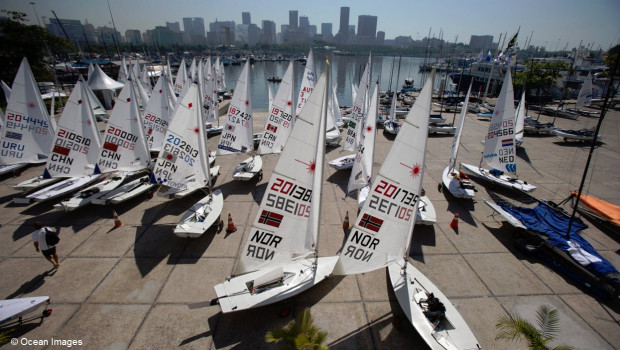

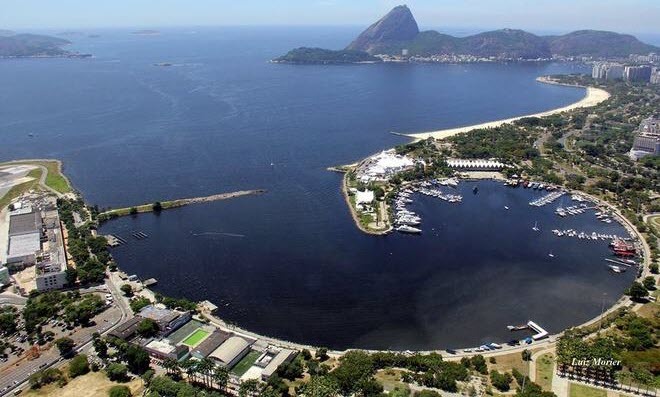
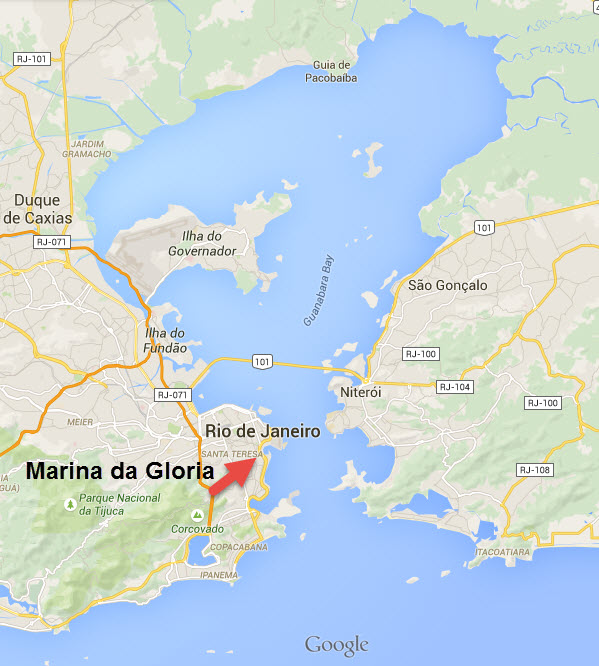
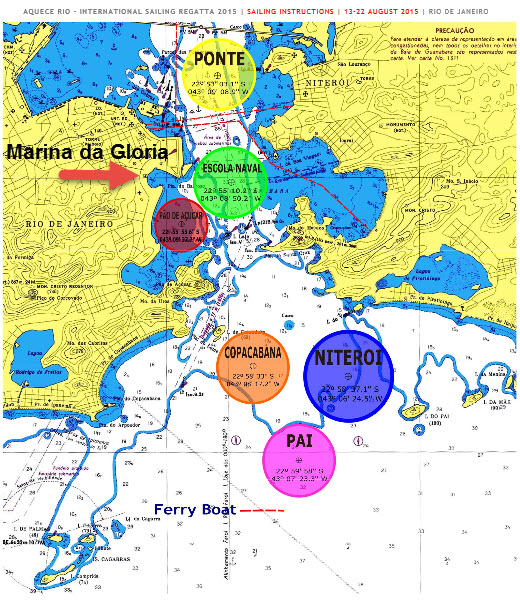



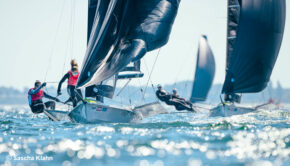
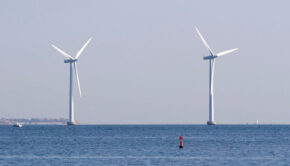
 We’ll keep your information safe.
We’ll keep your information safe.